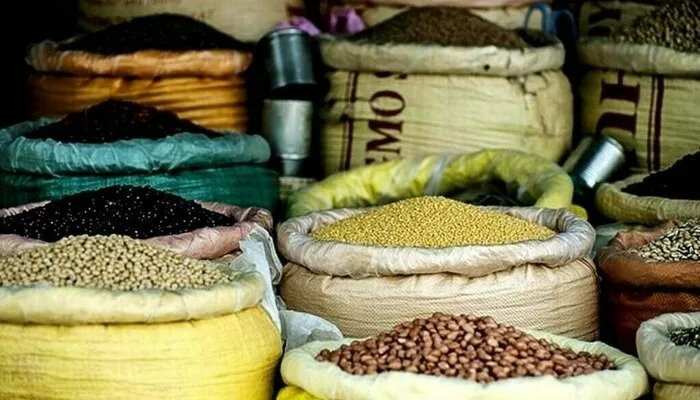Amid ongoing economic reforms, Pakistan’s inflation rate is expected to drop significantly, with the Consumer Price Index (CPI) for January 2025 forecasted to dip below 3%, marking the lowest level since November 2015.
According to a report by JS Global, January’s CPI inflation could fall to 2.8%, driven by a high base effect, despite a modest 0.6% month-on-month increase. This would lower the average inflation for the first seven months of FY25 to 6.7%, a sharp decline from 28.7% in the same period last fiscal year.
Similarly, Ismail Iqbal Securities Limited projects January inflation at 2.9%, a substantial improvement from 28.3% in January 2024.
In December 2024, inflation was recorded at 4.1% year-on-year, down from 4.9% in November, according to the Pakistan Bureau of Statistics (PBS).
PSX Surges on Optimism Over Rate Cut and Foreign Buying
Implications for Monetary Policy
The consistent decline in inflation has bolstered expectations of another rate cut by the State Bank of Pakistan (SBP). JS Global and Ismail Iqbal Securities anticipate a 100 basis point cut in the upcoming Monetary Policy Committee (MPC) meeting scheduled for January 27, 2025.
The SBP has already reduced the policy rate by a cumulative 900bps since June, bringing it down to 13% after a 200bps cut last month.
However, both brokerages warned that inflationary pressures may re-emerge by May 2025, as the high base effect begins to diminish.
Short-Term Gains with Lingering Challenges
For the week ending January 9, 2025, inflation dropped to 1.8% year-on-year, the lowest since October 2014. Independent economists attribute the decline primarily to the high base effect. Despite the promising figures, they caution that the average consumer continues to face challenges due to underlying economic pressures.
Economic Outlook
The current administration’s efforts to stabilize the economy and control inflation appear to be paying off, creating room for further monetary easing. However, as inflation trends remain favorable in the short term, the government and policymakers must prepare for potential price pressures in the months ahead.
This downward trajectory in inflation aligns with Pakistan’s broader goals of economic recovery, with hopes for sustained fiscal relief and long-term stability.
Follow Day News on Google News, Instagram, YouTube, Facebook, Whats App, and TikTok for latest updates
